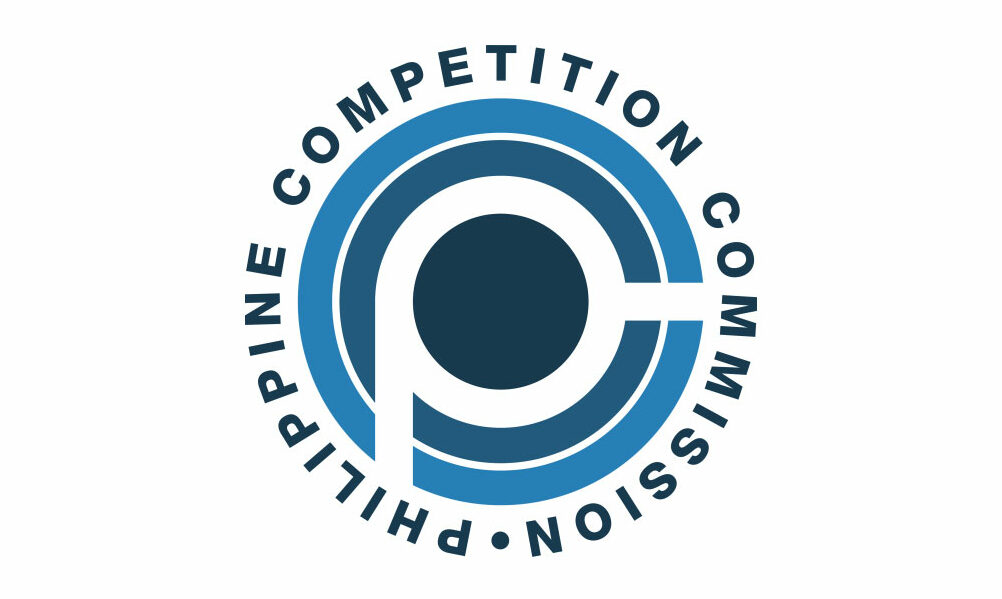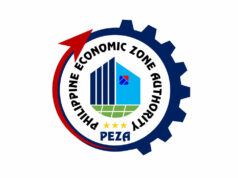
THE PHILIPPINES needs to review its merger regulations to improve competition, the Asian Development Bank (ADB) and Organisation for Economic Co-operation and Development (OECD) said.
In its “Assessment of Merger Control in the Philippines” report, the ADB and OECD said regulatory oversight of mergers “play an essential role in competition policy, as it is the only instrument via which authorities can engage in ex ante prevention of anti-competitive market structures.”
“While many aspects of the merger control regime in the Philippines are in line with international good practices, others require adjustments to consolidate an effective, efficient, and transparent merger control regime,” it said.
The ADB and OECD cited Republic Act No. 10667 or the Philippine Competition Act, noting that this “brought for the first time a general merger control regime to the Philippines.”
“The objective of the law was to contribute to attain more competition in the economy and thus achieve sustained growth and increased consumer welfare. Merger control constitutes an essential component of an effective competition system, and the Philippines merger control regime is to a significant extent very close to international best practices,” the report said.
“The Philippine Competition Commission’s (PCC) efforts and experience gained in such a short time has been notable. Nonetheless, while the PCC’s experience has developed quickly, challenges still remain,” it added.
The report cited recommendations such as setting clear and binding rules for the procedure of merger cases in the event of tied voting in the Commission; establishing guidance on the criteria for the recusal of Commissioners; preserving the mandatory notification system with clear criteria; and offering state-of-play meetings to the merging parties at key stages of the merger review procedure, among others.
“Make structural remedies the preferred option to solve competition issues, especially where competition concerns from horizontal effects have been identified,” the ADB and OECD said.
“To make the imposition, implementation, and monitoring of remedies effective and less resource-intensive, structural remedies should be given more relevance and should be considered as an effective tool to solve competitive concerns in some transactions,” it added. — Luisa Maria Jacinta C. Jocson



